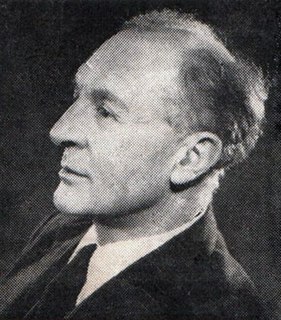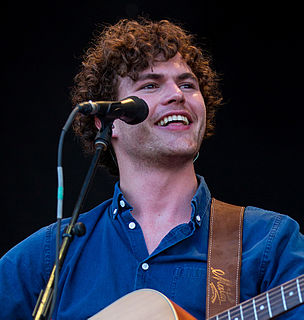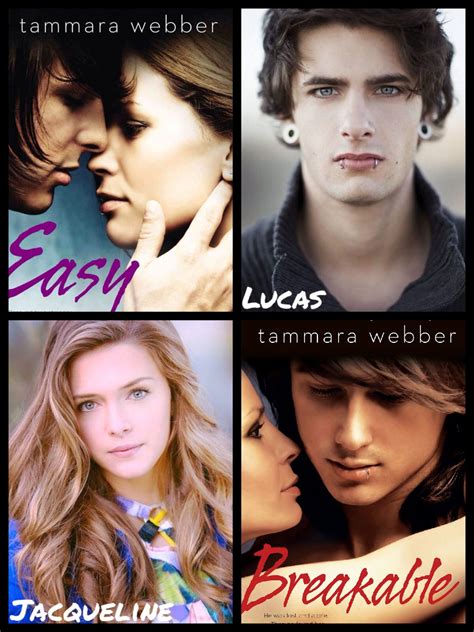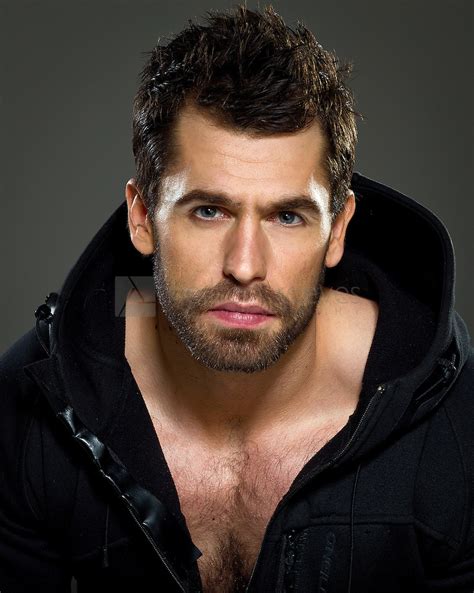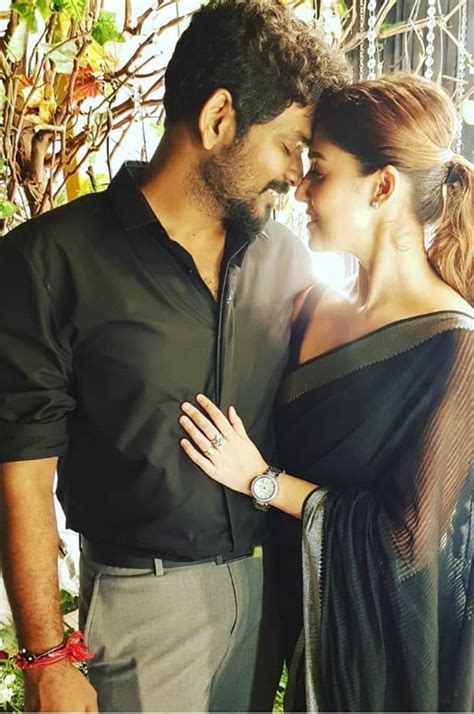A Quote by Shefali Shah
What I normally do with long scenes is that I understand the emotional content and the words fall into place.
Quote Topics
Related Quotes
Sociopaths differ fairly dramatically in how their brains react to emotional words. An emotional word is love, hate, anger, mom, death, anything that we associate with an emotional reaction. We are wired to process those words more readily than neutral, nonemotional words. We are very emotional creatures. But sociopaths listen as evenly to emotional words as they do to lamp or book - there's no neurological difference.
Most songwriting like poetry takes a careful selection of words. Sometimes you're just channeling something and a selection of words come out that you wouldn't normally say, but you come up with an assortment of words that are really special. It just makes sense even if it's normally how you wouldn't express yourself.
Two words guided the making of 'Babel' for me: 'dignity' and 'compassion.' These things are normally forgotten in the making of a lot of films. Normally there is not dignity because the poor and dispossessed in a place like Morocco are portrayed as mere victims, or the Japanese are portrayed as cartoon figures with no humanity.
I opened my mouth wide one time to see if the words I was thinking would fall out, but they wouldn’t. If words don’t want to come out, they don’t. I don’t understand when people say things and then they say, I didn’t mean to say that. Words don’t just fall out. You have to push them out. And sometimes, you can’t push them out, even if you want to.
High-class kitsch may well be "perfect" in its form and and composition: the academic painters were often masters of their craft. Thus, the accusation that a work of kitsch is based not on lack of for or aesthetic merit but on the presence of a particularly provocative emotional content. (The best art, by contrast, eschews emotional content altogether.)







